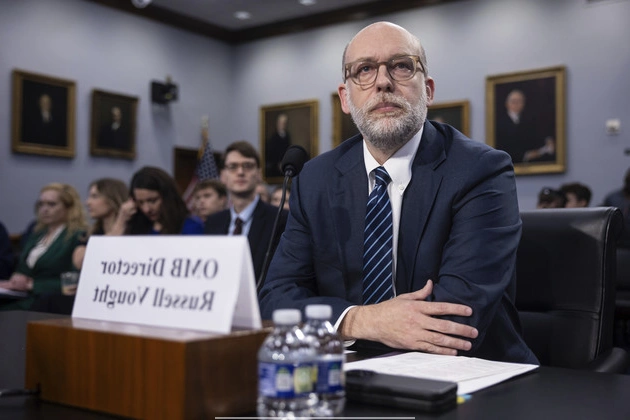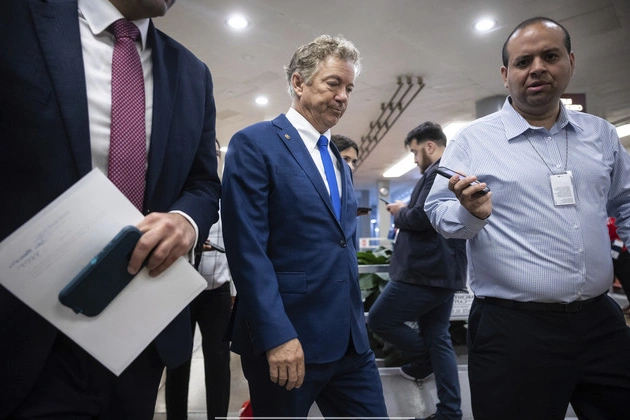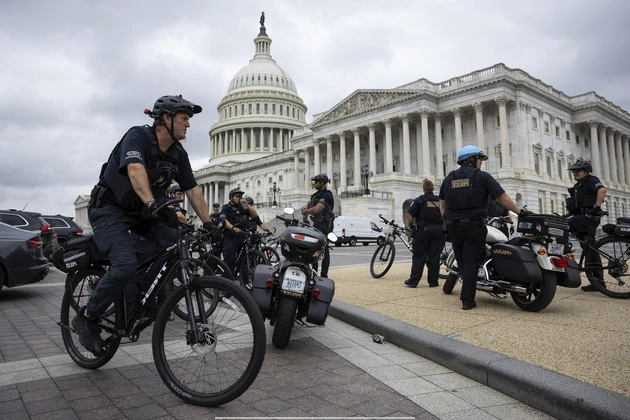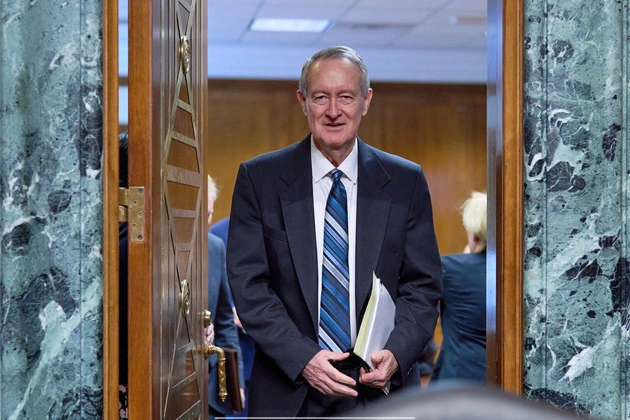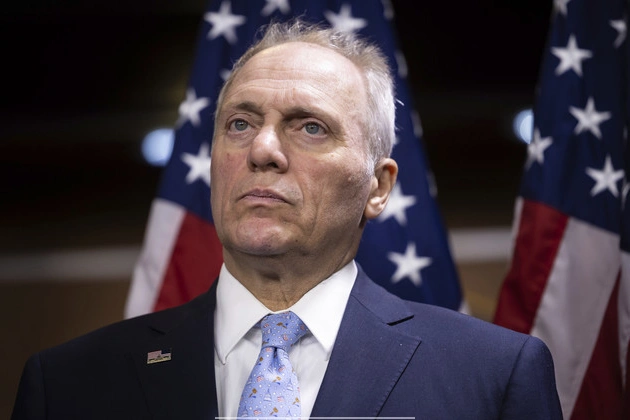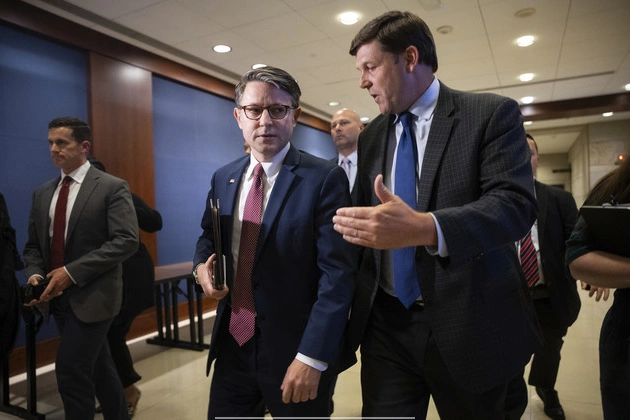
House Republican leaders are facing unexpected hurdles with their party-line megabill sooner than anticipated.
Speaker Mike Johnson is under pressure to accommodate significant changes to the GOP’s ambitious domestic policy bill following a surprise holdout by ultraconservative members of the House Budget Committee. This development jeopardizes the Memorial Day timeline for House passage that Johnson had envisioned.
Concerns and Proposed Changes
The objections from the hard-right faction primarily revolve around the absence of fiscal scores for the legislation and reservations about the extent of Medicaid cuts proposed by Republicans. To appease fiscal hard-liners, one of the concessions being discussed is advancing the onset of work requirements for Medicaid beneficiaries by two years, from 2029 to 2027.
Several Republicans, speaking anonymously, confirmed the deliberations on this potential modification. Johnson was also heard discussing the proposal with House Budget Chair Jodey Arrington after a Capitol Hill meeting on Thursday.
Urgency and Negotiations
The urgency to address the concerns raised by the hard-line conservatives intensified when some members of the Budget Committee hinted at withholding their votes during a scheduled Friday meeting. The panel’s task of consolidating various components of the bill from other committees and advancing it to the floor, a procedural yet crucial step for passage, now faces uncertainty due to these holdouts.
Johnson engaged in discussions with several dissenting members, including GOP Reps. Chip Roy, Ralph Norman, Andrew Clyde, Josh Brecheen, and Glenn Grothman, who expressed reservations about supporting the bill in its current form.
Demands and Potential Savings
The group of conservatives outlined three key changes they seek, as revealed by insiders familiar with the closed-door talks: expediting the phasing out of clean energy tax credits introduced under former President Joe Biden’s administration, immediate exclusion of undocumented immigrants from Medicaid eligibility without granting states a transition period, and advancing the commencement of Medicaid work requirements.
Accelerating the implementation of these changes could result in substantial additional savings for the GOP’s megabill, a cornerstone of President Donald Trump’s policy agenda addressing taxes, energy, and border security. However, it may also lead to more rapid coverage reductions, potentially impacting the 2028 presidential election.
Moderate Support and Further Revisions
Notably, moderate Republicans appear receptive to the expedited timeline, aligning with the hard-liners’ stance. This alignment could provide leadership with more flexibility to address their own concerns, including the contentious state-and-local-tax deduction issue.
While moderates have expressed apprehensions about shifting Medicaid and SNAP costs to states and adjustments to a federal pension program, they have sought assurances for specific changes before the bill is presented on the House floor.
Majority Whip Steve Scalise hinted at revising the bill to meet demands for earlier work requirements, potentially addressing concerns related to the SALT deduction raised by another group of Republicans.
Final Considerations and Road Ahead
Implementing the proposed Medicaid changes promptly poses logistical challenges, requiring most states to update their systems to incorporate the new work requirements. The bill includes federal grants to assist states in this transition, with only Georgia currently having a functioning work requirement program.
Although a committee markup on Friday is a possibility, uncertainties persist regarding the meeting’s continuity given the breadth of issues discussed in the closed-door negotiations. Any revisions to the bill post-Budget Committee meeting would likely occur during the House Rules Committee session, anticipated on Monday.
Despite the complexities involved, Johnson remains committed to resolving the outstanding issues to advance the megabill effectively.






